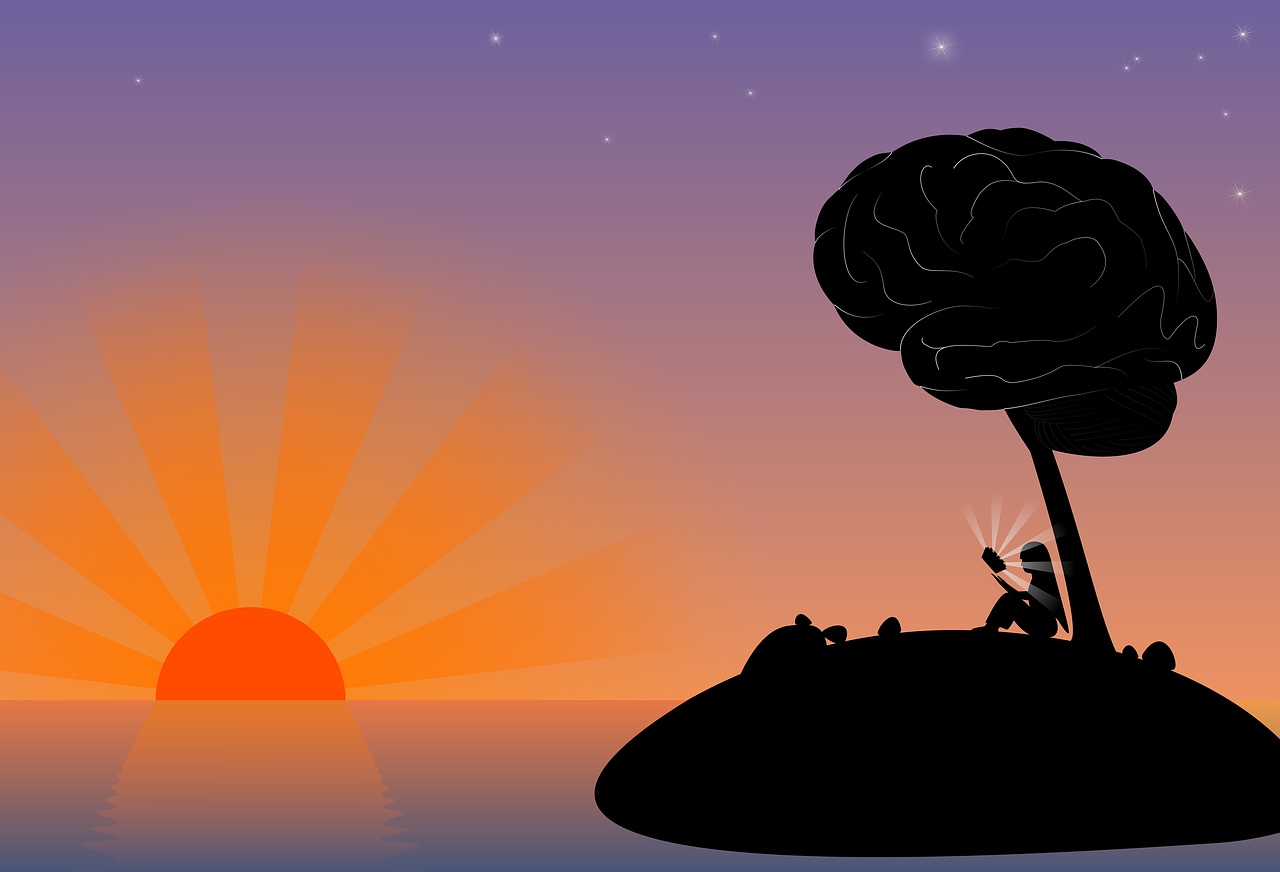Why do you think Facebook has a Like button or the notifications are red in color or the video games have a rank system or Instagram has heart button?
As this post is going to be all ‘Science-y’ and scientists love rats, so let’s start with a rat story. A group of researchers planted an electrode in the brain of a rat. Whenever the rat pressed a lever, the researchers stimulated the rat’s rewards system in the brain releasing the happy hormone ‘Dopamine’. The result? the rat developed a craving so strong that it kept pressing the lever for hours. The rat refused to eat or even sleep and focused only on pressing the lever until it would drop from exhaustion.
And then, the researchers reversed the process. They blocked the dopamine release in the brain rewards centre. As a result, the rat became so lethargic that even moving to drink water was not a worthy effort. It wouldn’t eat, it wouldn’t want to mate. The rat didn’t crave anything at all. If the food was placed directly into the rat’s mouths, only then the rat would eat and enjoy the food. Sounds similar? (You call it ‘being lazy’ and nobody is going to put food in your mouth, so get up and continue reading.)
So, what is Dopamine? It is a brain neurotransmitter. In simple words, a chemical messenger that sends information from your nerve cells to other parts of the body. It makes us desire things and it is that desire that motivates us to get up and do stuff.
Like those rats, our brain develops priority and takes action based on how much dopamine it is expecting to get from a certain activity. That’s why we are constantly glued to social media checking the number of likes and followers because the brain releases dopamine in anticipation of those likes and comments. We are becoming like those rats pulling the lever and trying to get new dopamine hit. Our brain doesn’t even care if a high-dopamine activity is damaging to us.
Also Read: You should stop checking your smartphone right after waking up.
The So What Attitude
What else releases dopamine? In today’s digital world, we are flooding ourselves with an unnatural amount of dopamine, even if we don’t know it – through binge-watching, porn, social media, mobile games, and drugs.
So, what’s the harm? Our body has a biological system called Homeostasis. It means if a chemical imbalance occurs, our body tries to adapt to the change and maintain the chemical balance. For example, someone who rarely drinks alcohol would get high quickly in comparison to someone who drinks it on a daily basis.

Same happens with the flooding of dopamine. The body down-regulates our dopamine receptors and gets used to the high-level of dopamine released daily. Thus, you develop Dopamine Tolerance. This means the activities that release less dopamine won’t excite you anymore (like studying or exercising). You would constantly seek avenues to release more and more dopamine, just like those rats (in our case, by watching series, porn or playing video games). And, eventually, you develop a So What Attitude towards everything. Nothing excites you anymore.
The Solution? Hard Reset
If you’re eating fancy meals every day at the best restaurant, those fancy meals would become your new normal. At that point, if someone offers you a bowl of plain rice, you would probably refuse. But, if you’re stranded on a deserted island and starving, the same bowl of plain rice would become a blessing for you.
That’s what a Hard Reset does. It starves you of all the pleasures you regularly get and makes all the less satisfying activities more desirable.
The solution is to make your dopamine receptors sensitive. How can you do that? Pick an activity from the ones listed above (Binge-Watching, Social Media, Games, etc.) and stop doing that on weekends.
Trust me, you’ll get bored. But, you will get so bored that boring stuff will become fun and that’s when the magic will happen. You’ll start doing all those less interesting activities that you always wanted: exercise, study, or even pursuing your long lost hobby.


One comment